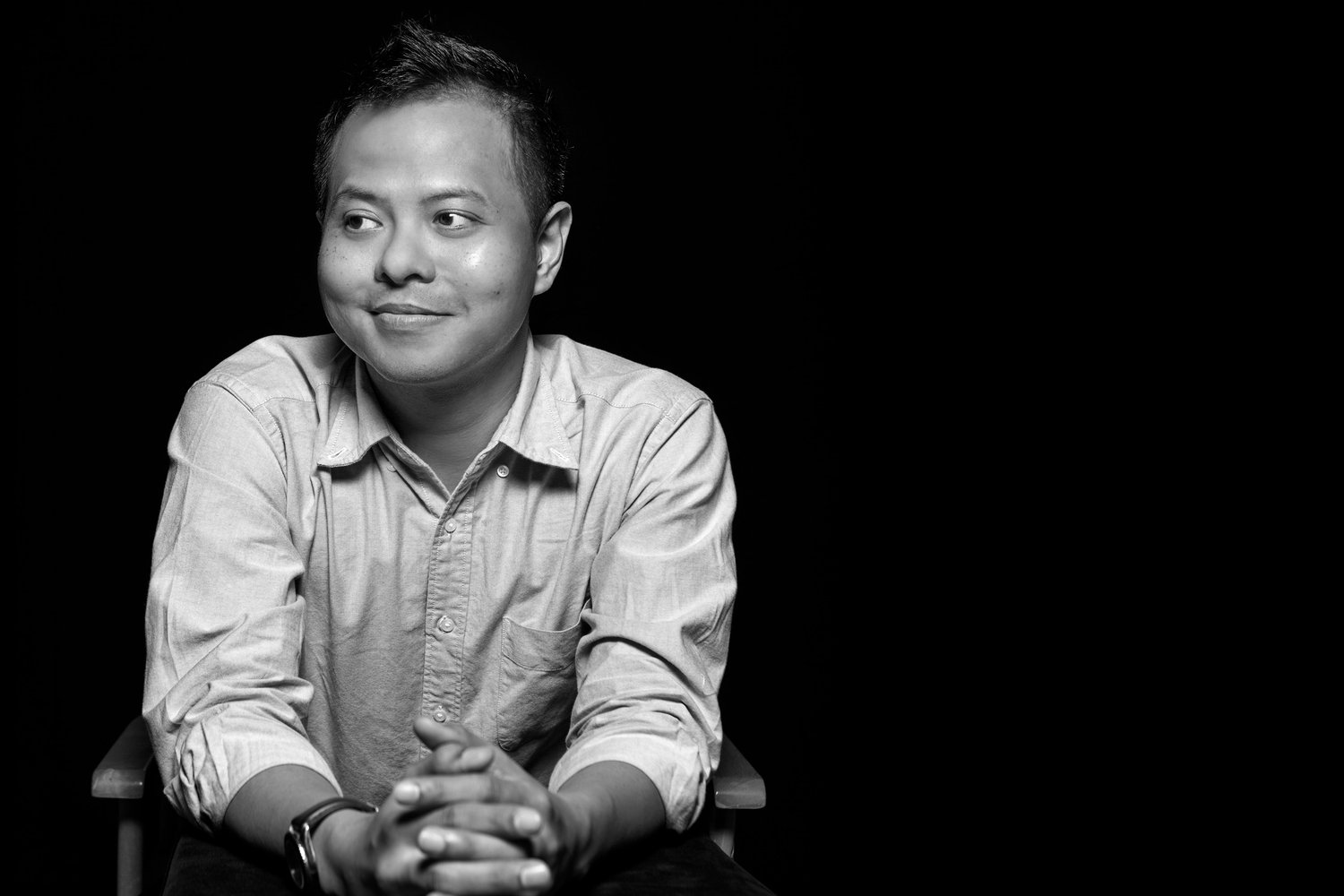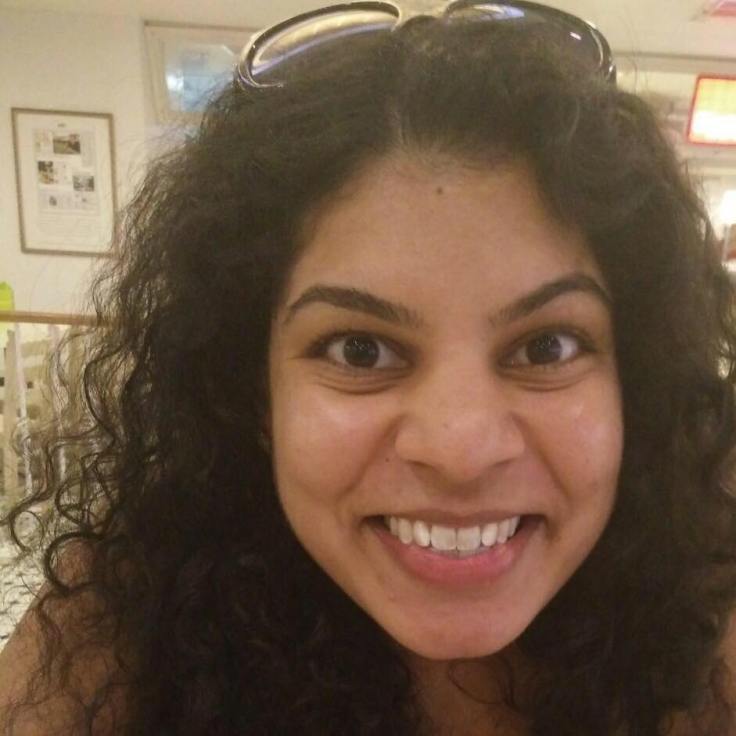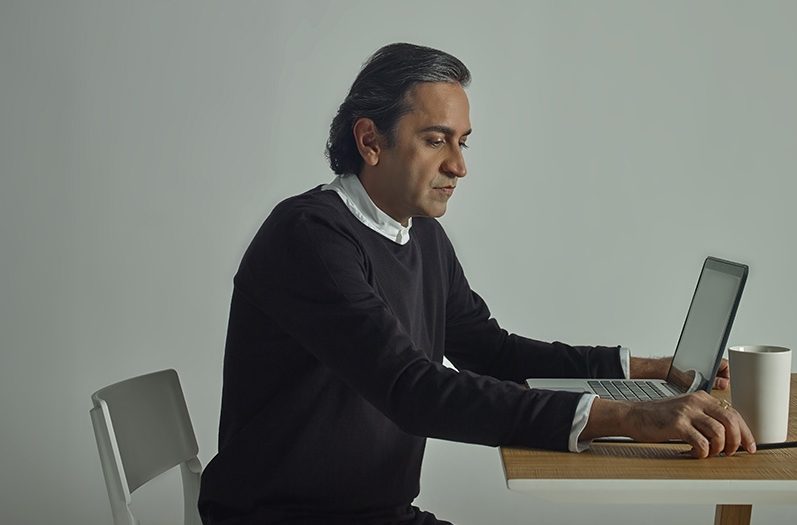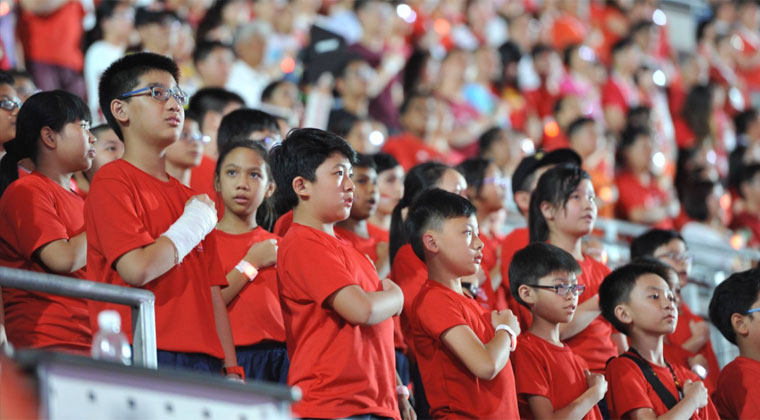The nationwide discussion about racism in Singapore has been blown wide open thanks to actor Shrey Bhargava's complaint about racism he experienced in an Ah Boys To Men 4 audition.
And in the course of this ongoing discourse, terms like "casual racism" have been thrown up.
Now, if you've been following the ongoing discussion, you might be confused by what that term actually means.
And you wouldn't be faulted if that were the case — casual racism, by definition, stems from internalised prejudices that a person has, but doesn't realise is unfair or demeaning and which wrongly stereotypes people of another race.
This then manifests itself in something the casual racist says, or does, or practises by way of policies or principles in daily life — for instance, choosing to hire a Chinese over an Indian, all other things being equal skills and qualification-wise.
Or making jokes about a person of a different race from you, and expecting that person to laugh along with you because "it's just a joke, why so serious".
And it's not difficult to exercise some sensitivity. Three Singaporeans from ethnic minorities have suggested a few ways to avoid inadvertently practising casual racism:
1) Alfian Sa'at, poet, author and playwright
 Red Bull Singapore Seven Portraits by Mark Teo
Red Bull Singapore Seven Portraits by Mark Teo
Here's what Alfian suggests: tell stories of your own racism.
He started with his own — in primary school, he taunted his younger sister, during her kindergarten years, about being romantically-linked with an Indian boy, because he thought pairing her with him would be most offensive to her. Because he thought Indians were beneath them.
He also spoke of a friend's account of being a silent witness to racism — when a teacher in primary school expressed disgust at a female classmate of his who brought sweets wrapped in newspaper and banana leaves on Children's Day, leading the whole class in saying "eww" and "yucks" and nobody wanted to try them. She ended up eating her sweets alone, while Alfian's friend was too ashamed of his bag of peanuts to ask to exchange them to try, although he lives to this day regretting not doing so.
In the comments thread on his Facebook post, though, a precious one or two shared their personal racism-perpetrator incidents, although one did it in response to casual racism, while another was a witness to racism rather than the perpetrator of it.
Ah well, worth a try.
2) Noelle Perera, blogger
 Photo via Noelle Perera's blog
Photo via Noelle Perera's blog
What Perera asks of us — those of us in a majority race or ethnic group — is to believe.
She writes in a blog post that the racial harmony we have in Singapore is conditional — with what she calls unspoken "racial tiers", which rank South Asians at the very lowest (she happens to be Sinhalese — of Sri Lankan descent).
These, she says, make people regarded to be on these lower tiers ashamed of their heritage, their ethnicity and their culture.
So, she asks simply that we believe —
- that mimicking an accent as the butt of a joke is hurtful if they say so;
- that there is real damage from negative stereotyping of minority groups if they point this out,
- that an Indian couple dancing around a tree is not funny or appropriate if they feel it isn't,
- that a conversation in Mandarin tends to exclude those who do not and should not be expected to understand it,
just to name a few examples.
That, she does believe, will serve as a good starting point to change for the better.
3. Haresh Sharma, playwright, The Necessary Stage
 Photo via Sistic website event page for "Being Haresh Sharma"
Photo via Sistic website event page for "Being Haresh Sharma"
In a heartfelt note on Facebook titled "Thoughts on Privilege", veteran playwright Haresh Sharma notes that we can be privileged in a multitude of different ways, not just in terms of race.
He observes that the power dynamics between "privileged" and "disadvantaged" people in various scenarios can vary between countries, but it's worth being cognisant of them, especially in Singapore, where the disparity in privilege when it comes to race and religion can be very stark.
His take: those of us in positions of power (in the context of race, those of us who are Chinese, lah) should stand up to our fellow Chinese who use it to push down racial minorities who lack the voice to speak up to defend themselves.
We must, he writes, be allies of the disadvantaged, to defend and champion their right to be heard, no matter what lengths the bullies of the majority race go to justify their racism.
Because, after all, we are more than our races, religions, shapes, sizes, economic or social classes, and we should use our privilege only for good — to lift up those who are not, for instance — instead of to spread hate.
So in summary:
1) Be conscious of your racially-biased tendencies and of the times in your life when you were casually racist before;
2) Believe people when they tell you they feel victimised as a result of racism; and
3) Use your position of power (by virtue of your race) to spread positivity and/or to lift up those who lack it.
Try, k?
Related articles:
Police question actor over Ah Boys To Men audition Facebook post
Ah Boys To Men 4 production team responds to racist audition accusation
Ah Boys To Men actor Maxi Lim speaks up about racist audition accusation
Xiaxue wades into ‘racist’ Ah Boys To Men audition saga, calls actor a hypocrite
Ah Boys To Men 4 audition accused of being racist, debate ensues, nation clearly divided
If you like what you read, follow us on Facebook and Twitter to get the latest updates.
If you like what you read, follow us on Facebook, Instagram, Twitter and Telegram to get the latest updates.



